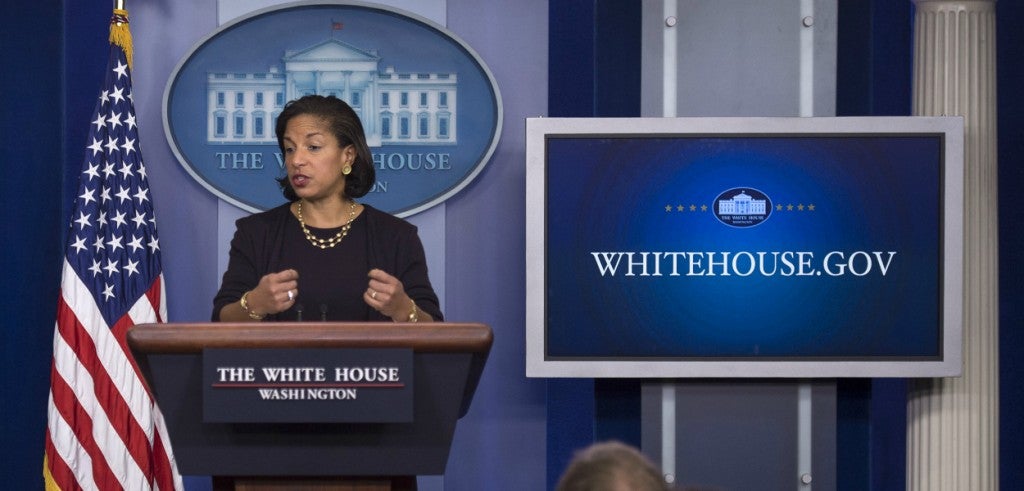Survivors of the Benghazi terrorist attack and members of Congress alike are voicing deep frustrations with the report released on Nov. 21 by the House Select Committee on Intelligence.
The “Investigative Report on the Terrorist Attacks against U.S. Facilities in Benghazi, September 11-12, 2012” has widely been characterized by Democrats and the mainstream media as exonerating the Obama administration. Yet, questions are now being raised about the methodology of the committee and about important information omitted.
Some of the main points of contention:
• According a report on Fox News, Republican members on the Intelligence Committee had strong reservations. They felt intimidated by the staff (several of whom have since moved to the Beacon Group, a consultancy in Boston with close ties to Hillary Clinton); sidelined in its questioning of witnesses; and appalled by the final published result itself. Some stopped coming to committee hearings out of a sense of frustration.
• As has been widely reported, the committee concluded that there was no deliberate effort by the administration to spin the tragedy and shift the blame for the tragedy in its talking points. Yet, then-CIA Director David Petraeus initially told members of Congress that the attack was clearly the result of a demonstration and later denied what he had said. Furthermore, anyone who has read through the email exchanges between the National Security Council staff, the State Department and the CIA could be in any doubt that protecting the administration from criticism was a primary concern. It led to a false narrative of the events being framed and presented to the American people and the families of the victims.
• And CIA security staff who were on the ground in Benghazi and took part in the fighting that fateful night, have come forward to refute portions of the report in detail. The report states that ‘there was no order to “stand down’,” which delayed the efforts to help the beleaguered U.S. diplomats, just one mile down the road. To the contrary, say the contractors in a point-by-point rebuttal published on Breitbart.
“This statement is grossly incorrect. Paronto stated to the committee, looking Rep. Rogers directly in the eye, that he was delayed and was told to wait twice. Paronto also stated that the “27” minute delay . . . cost the lives of Ambassador Stevens and Sean Smith due to them dying from smoke inhalation—something that takes time. It should also be noted that the exact words “STAND DOWN” were used by the Chief of Base “Bob” to Tiegen approximately 15 minutes after the initial “help” call from the DS agents on the radio at the facility under attack.”
Rather than close the books on Benghazi, the Intelligence Committee has reignited the controversy. The House Select Committee on Benghazi has stated that it will reconvene on Dec. 10. Its work will be as important as ever.
